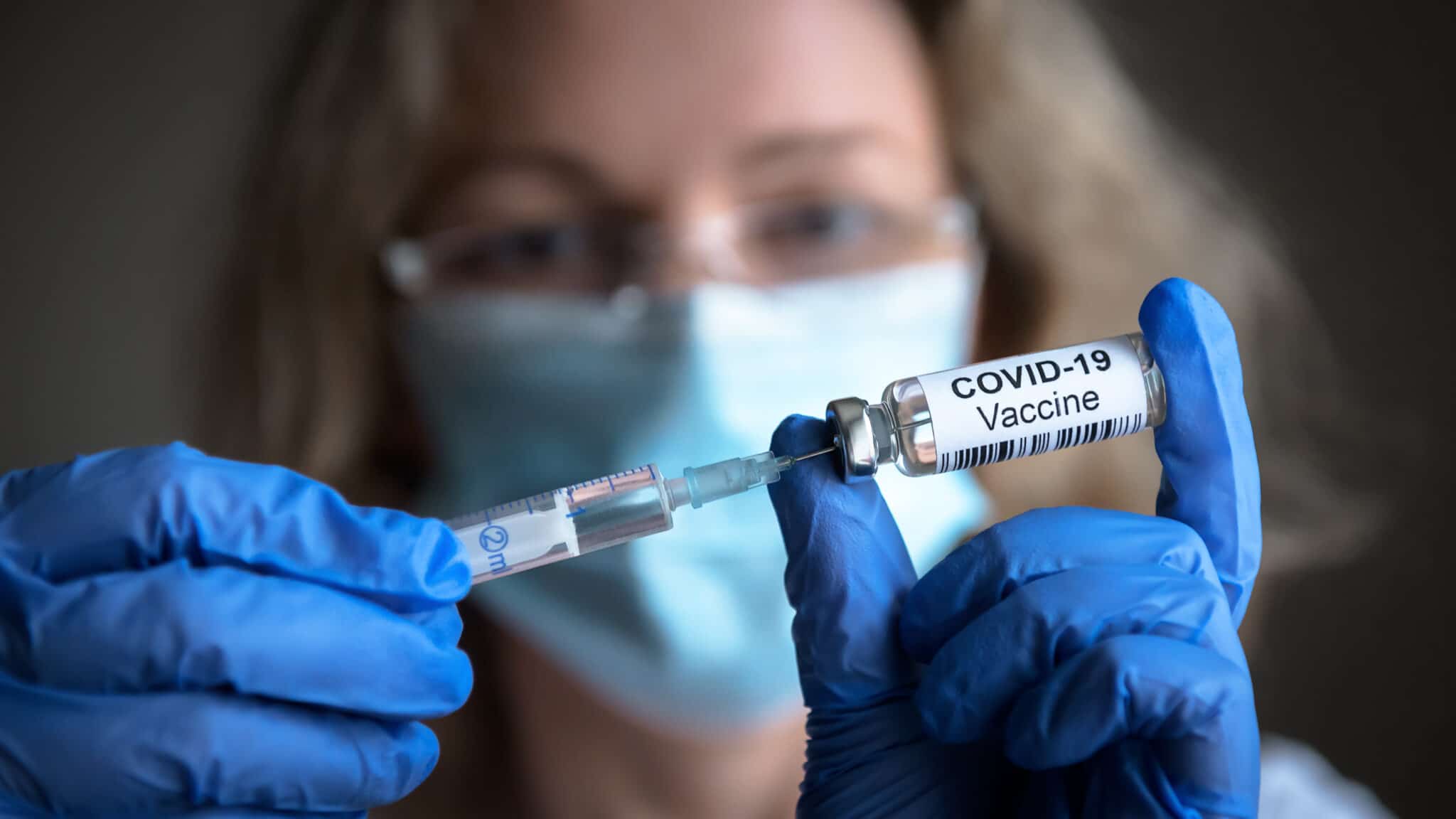COVID-19 – THE LEARNINGS AND LONG-TERM IMPACT IN CLINICAL STUDY MANAGEMENT IN THE EU/UK

Published on: Aug 4, 2021
Introduction
At the beginning of 2020, COVID-19 pandemic hit the whole world and led to unprecedented measures, including general lockdown and disruption of hospital care in most of the European Union (EU) countries and the United Kingdom (UK). The need to adapt to these measures combined with the necessity to develop COVID-19 treatments and vaccines had significant impacts on the operational conduct of clinical trials as well as the regulatory procedures.
Guidelines and updates were published at the European and national level to guide sponsors on these aspects. Released in the urgency of a sanitary crisis, these communications were not always aligned, sometimes even contradictory, and strong regulatory surveillance was necessary to keep track with divergent and evolving national/local requirements.
Some of the key impacts of the crisis on the conduct of clinical trials, from an operational and regulatory perspective, are presented below.
Operational impact: expansion of off-sites and remote clinical operations
As most of the investigational sites were not accessible to either patients nor monitors, COVID-19 made the development of remote management of clinical operations necessary, to allow the continuation of trials without putting at risk patients and professionals whilst not compromising the data integrity.
Therefore, sponsors had to consider performing a number of processes traditionally performed on site either off-site or remotely, which led to the implementation of:
-
Electronic consent;
-
Home health care including Investigational Medicinal Product (IMP) administration at home, patient follow-up visits via phone or videoconference, use of local labs for samples, etc.;
-
Remote Source Data Verification (SDV) for monitors.
These off-site or remote processes were addressed in European and national guidelines with varying levels of details and degrees of acceptance, which led to non-harmonised practices across sites and countries. In addition, the criteria for acceptance of the above processes varied over time and were revised in iterative versions of the guidelines.
In terms of remote SDV for instance, some countries restricted the use to COVID-19 trials only, whereas others were more tolerant (e.g. Italy). To add to the complexity of the situation, even when the national guideline would allow it, investigational sites within a given country could refuse the remote SDV citing issues of compliance with the General Data Protection Regulation (GDPR). From the pandemic emerged the need to evaluate what is considered required and sufficient in terms of monitoring, based on a risk evaluation. This could accelerate the development of risk-based monitoring.
IMP administration at home was also a salient point due to the potential risks for the patients (no safety oversight – issue in Greece), the protection of their personal data (their address had to be known by a third party – issue for many ethics committees), the risks concerning the proper handling and accountability of the study treatments (e.g. storage temperature) or other legal reasons due to specific national provisions (e.g. IMP shipment – issue in Belgium). Again, the acceptability greatly varied from country to country. It should be noted that home administrations were already in place in some protocols before the pandemic to ease patient’s burdens – with again varying requirements between countries. It is expected that this may concern more protocols moving forward.
Regulatory impact: increase in regulatory activities, accelerated pathways and electronic submissions
The operational changes made to the clinical trials (cited above) had to be declared to the competent authorities and ethics committees in many cases. Requirements greatly varied from one country to another, and sponsors were expected, for each change implemented, to determine:
-
whether or not a submission was required;
-
which regulatory framework that submission fell under (urgent safety measure, notification for information, regular substantial amendment, substantial amendment for immediate implementation, regular report, etc.);
-
whether additional considerations needed to be taken into account (e.g. additional consent for participants).
Assessing these points, preparing these submissions, submitting them, and handling the feedbacks and correspondence, led to a significant increase in workload for the regulatory teams. This started when countries went into lockdown and is still persisting today as countries face their third or fourth wave of COVID-19.
When these submissions required review and approval (e.g. substantial amendments) they were sometimes prioritised by agencies in terms of review timelines. In parallel, clinical trial applications for COVID-19 were also given a priority, sometimes in the form of privileged submission pathways, such as fast-track evaluation processes. Some of these processes re-used existing pathways, for example in Belgium where COVID-19 studies are submitted through the pilot phase or in France where they are submitted through the fast-track 2 process (if labelled “national priority”). Other countries simplified the submission process, for instance in Italy, where for COVID-19 studies only the submission to a dedicated Central Ethics Committee is required instead of involving allof the participating Ethics Committees. Accelerated timelines were however not always respected, also due to the very high of workload of authorities following the increase in reporting for ongoing clinical trials (see above), as well as the number of new applications submitted for COVID-19. These differences or delays in review timelines will however no longer be seen when the Clinical Trial Regulation comes into application.
Finally, the pandemic accelerated digitalisation for review bodies. Paper/CD submissions were replaced in many countries by electronic submissions via email, Eudralink or specific databases, including for ethics committees. However, and for legal reasons, it was still necessary to send paper documents with wet-ink signatures in several countries, particularly in Eastern Europe. For some entities, the digitalisation imposed by the pandemic was only temporary. As an example, some German Ethics Committees implemented specific submission portals during the lockdown which were disabled early 2021 and sponsors were asked to submit paper copies again. It is hoped however that electronic submissions will be more widely accepted moving forward, knowing that they will be mandatory for any clinical trial submitted via the Clinical Trial Regulation.
Conclusion
The COVID-19 outbreak suddenly and severely trialled the ability of worldwide stakeholders to cope with both direct and indirect effects of this unprecedented sanitary crisis. Manufacturers, regulators, healthcare professionals and key actors of clinical development had to react and adapt, first to re-purpose, evaluate, and approve therapeutic innovations in the prevention and treatment of COVID-19; and second to develop and implement alternative procedures to ensure suitable conditions for continuing conducting clinical trials.
Considerable delays and loss of opportunities persist today as a consequence of this event. Several patients and companies have been affected by interrupted or delayed developments of medicinal products. Regulatory timelines are still impacted due to the increased number of submissions.
The COVID-19 pandemic also shed light on some key grounds for improvement to be considered in the future. International authorities have demonstrated unanimous interest and considerations for the use of information technologies to support new ways of acquiring and processing data while conducting clinical trials. Under the impulse of the FDA, the use of electronic media to collect participants’ consent or the implementation of a risk-based remote monitoring is progressing in the EU, although there is a long way to go before harmonisation. It is expected that these aspects will remain under the remit of the Member States after the Clinical Trial Regulation comes into force. Further alignment and harmonisation on digitalisation and remote/off-site processes are recommended for the EU to remain attractive on the international clinical stage.

Questions? Get the answer by our expert team
No two product developments are the same, talk to our experts about your development challenges and we will provide your actional recommendations.


